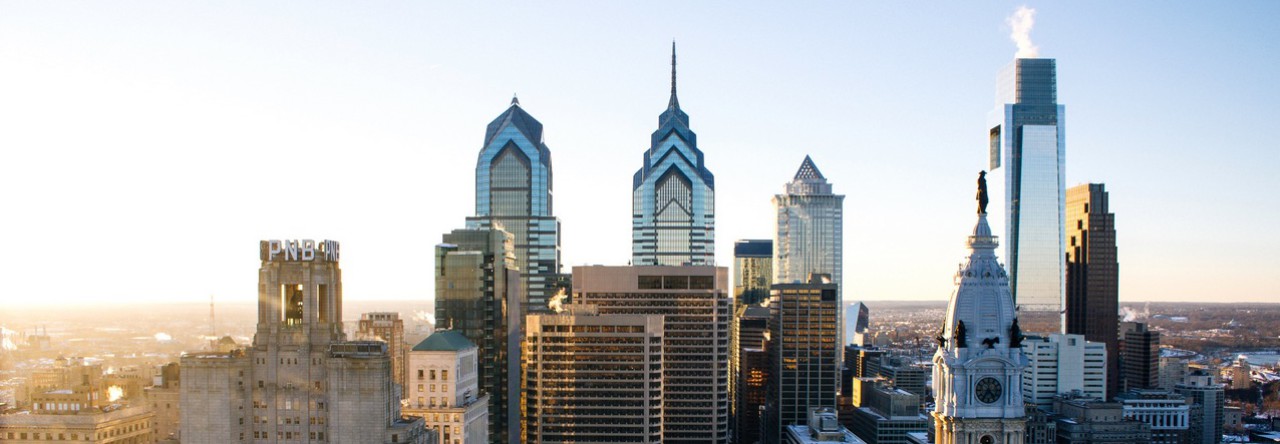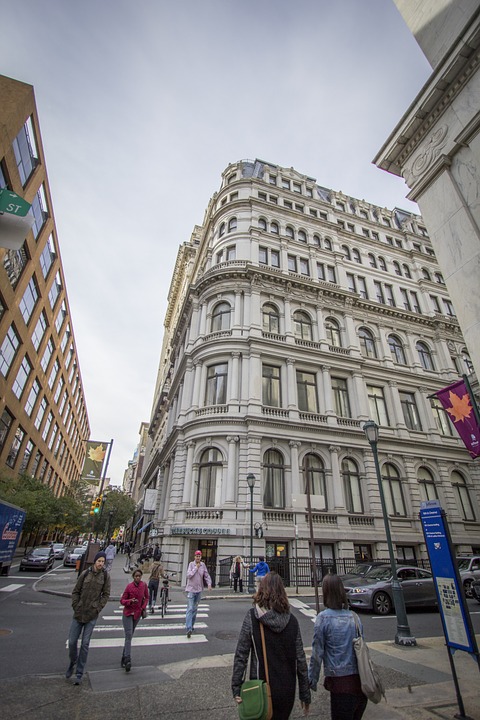When it comes to rideshare laws in Philly, it has been a rocky story. When Uber and Lyft were made legal, both companies were only given two-year experimental licences to operate in Pennsylvania. The Philadelphia Parking Authority had signed a deal with both the companies as part of the experimental licenses which, among other things, required them to pay 1 percent of their total earnings to the PPA. The PPA gave two-thirds of this amount to the Philadelphia School District and kept the remaining one-third to itself.
While still operating under the two-year license, taxi drivers in the city filed a lawsuit against the PPA, claiming that the protections and legal expectations for all of the city car services were not equal between ride-hailing services and the taxi or hired car services. Requirements like the Americans with Disabilities Act, which dictates all taxis have to adhere to certain accessibility guidelines, did not apply to ridesharing services. An injunction was filed against Uber and Lyft to prevent operation in the wake of the suit against the city. Though it made operation illegal, neither company seemed to be deterred by the injunction, which follows the trend established by Uber, when it began operation in Pennsylvania illegally at the start of it’s operation in PA.
The trend for rideshare companies has been, in many states, to keep operating, even when it isn’t legal. This creates a demand from the public that most city and state officials eventually give in to. Sure enough, PA Governor Tom Wolf signed a bill at the beginning of November to formally legalize Uber and Lyft with legislation permanently authorizing and regulating companies that operate as Uber and Lyft do.
We’ve seen this battle take place over and over again, in multiple cities. The biggest losers in these fights isn’t the rideshare companies, however, and it isn’t the cities or states. It’s the commonwealth. Users often rely on rideshare services to get to work when there are public transit failures or delays. Statistics show drops in cases of drunk driving in each city that correlate with arrival of Uber and/or Lyft. Those who cannot afford cars, or who have cars but cannot pay exorbitant parking fees, have options for emergencies or running errands that you don’t have when taking public transit.
It’s not just the customers who lose out, there are many who have found a continuous source of income in the form of these companies. Students say that they have found a strong earning source which has enabled them to repay their student loans and lead a comfortable lifestyle on the whole. Flexible scheduling allows drivers to work second jobs, be single parents, or go to school while maintaining an income. Immigrants who have language barriers or lack of relevant job experience in the US can make a living driving for rideshare companies.
Though the outcome favored rideshare companies in Philadelphia, cities like Austin still feel the sting.

